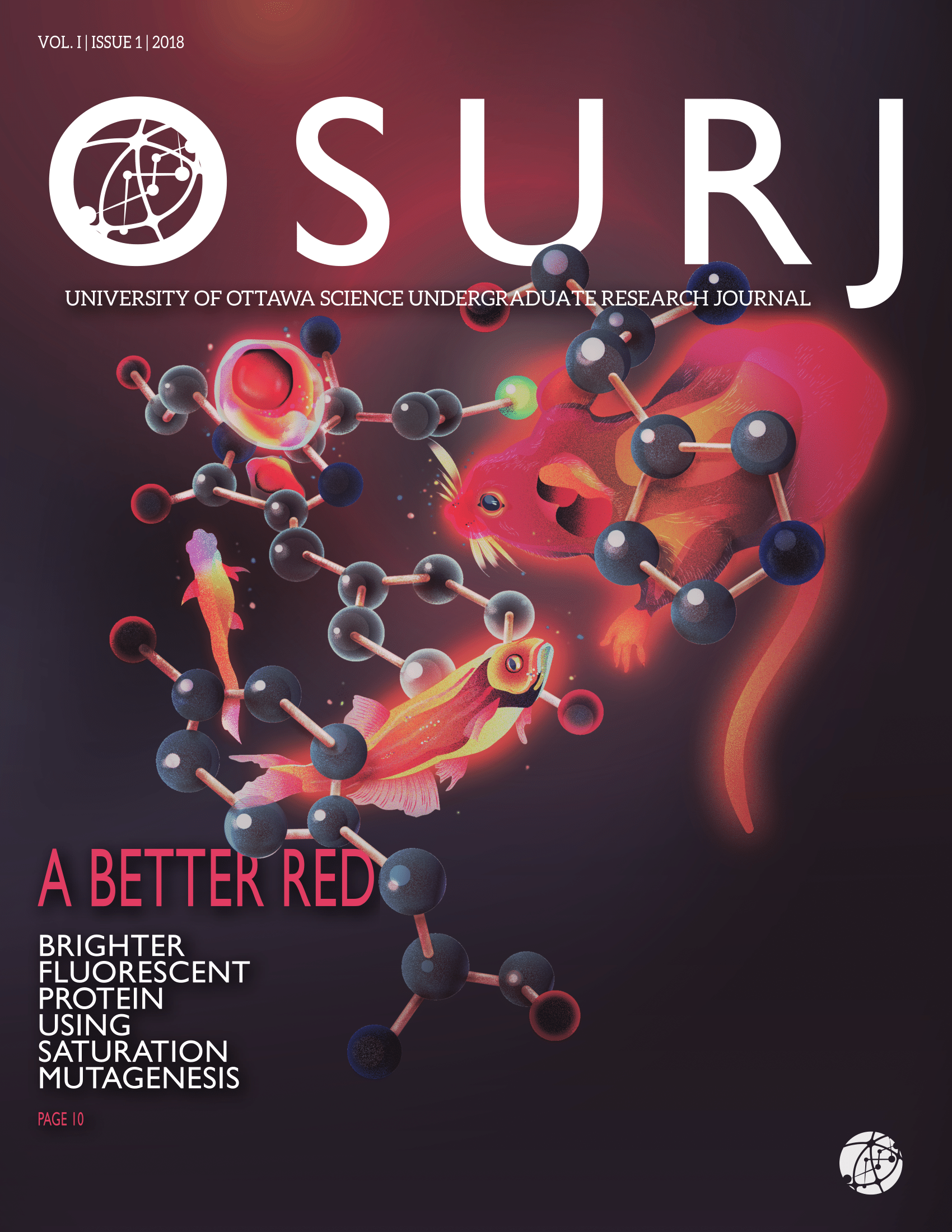Examining cognitive training and executive function in older adults
DOI :
https://doi.org/10.18192/osurj.v1i1.3777Résumé
Certaines études démontrent que les fonctions cognitives diminuent avec l’âge. À mesure que la population d’adultes plus âgés (AA) augmente, on s’intéresse beaucoup plus aux programmes d’entraînement cognitif (PEC). Cette étude examine si les PEC améliorent la performance aux tâches cognitives. On a recruté trente-cinq AA (60-87 ans) qui ont dû prendre part à 25 sessions de PEC pendant cinq semaines, avec des évaluations réalisées avant et après le programme. On a également recruté trente-deux jeunes adultes (JA, 17-27 ans) afin d’avoir un groupe de base contre lequel comparer la performance. Au cours des évaluations, les participants ont été évalués en utilisant des tâches de la fonction exécutive, y compris la tâche N-back de la mémoire de travail et la tâche d’inhibition de Flanker. Le temps de réponse (TR) et les taux de succès des JA et AA pour ces tâches ont été examinés au départ, ainsi que les changements chez les AA avant et après le PEC. L’analyse de la variance des mesures répétées a indiqué une réduction du TR avant et après l’entraînement pour la tâche Flanker. Il n’y a pas eu de changement post-entraînement du TR pour la tâche N-back. Bien que les taux de succès de la performance n’aient pas changé de façon significative avant et après l’évaluation pour la tâche Flanker, ils ont montré des taux de succès accrus après l’entraînement pour la tâche N-back. Dans les deux cas, les taux de succès et les TR des JA et AA étaient significativement différents ; les JA démontraient un TR et un taux de succès inférieurs à celui des AA. Des études subséquentes seront nécessaires pour déterminer si d’autres facteurs peuvent également entraîner une amélioration. Déterminer si les PEC améliorent la performance cognitive chez les AA peut aider à déterminer le potentiel de telles approches pour prévenir ou réhabiliter le déclin cognitif lié à l’âge.
Téléchargements
Publié-e
Numéro
Rubrique
Licence
OSURJ Publication Rights Policy Agreement Please fill in the following blanks.
I, ____________________ (submitting author) am submitting an article to the University of Ottawa Science Undergraduate Research Journal (OSURJ) entitled _________________________________________________________________________
I. OSURJ Mandate:
The University of Ottawa Science Undergraduate Research Journal is a bilingual multidisciplinary open-access and non-proprietary journal. A journal of this nature embraces all disciplines of science and is the result of a collaborate effort between undergraduate, graduate and faculty members. Our goal is to provide invaluable publishing and submission process experience to undergraduate students and ultimately promote undergraduate research within the UOttawa community.
II. Review Process of OSURJ
OSURJ uses a single-blind review process. The submitted article is first sent to the managing editor who assigns the article to the relevant section editor responsible for the specific science discipline. The section editor provides a preliminary review to confirm that the submission is within OSURJ’s scope after which it is assigned to one undergraduate reviewer and one faculty review for independent review. The reviewers recommend to either reject, accept or conditionally accept the article with revisions required. Based on the recommendations from both reviewers, the section editor makes the final decision of publication.
III. Proprietorship and Author Rights:
Authors retain all copyrights to their research and original data and may publish in other journals at the journal’s discretion. OSURJ acknowledges that all information submitted by the author(s) is their intellectual property and therefore any republication of such property is not allowed without written consent from the submitting author(s). Articles published in OSURJ may be published in other journals.
However authors should be made aware that other publishers may not permit the republication of original research published in an undergraduate journal such as OSURJ. Consequently, the author should consult the publication policies of other journals, and all relevant parties should be made aware of this possibility before proceeding with article submission.
IV. Falsification of Data
Methods for the acquisition and analysis of data should be accurately and fully displayed to allow for replication by other researchers. Data fabrication and alteration is unethical and may lead to unfounded conclusions. As such, it is not permitted by OSURJ.
V. Permission from All Contributors:
Given that research is collaboratively conducted with professors and other students, OSURJ requires that all contributors (co-authors, primary investigators, lab managers, supervisors) consent to the submission of the article to OSURJ.
Any person listed as an author of an article must have contributed greatly to the data, analysis or interpretation of said data and should provide approval of the submitted version. It is unethical to not list those who contributed to the standards of an author and to include those who do not meet the criteria for authorship.
For articles with multiple authors, primary, secondary (etc.) author status must also be agreed upon.


